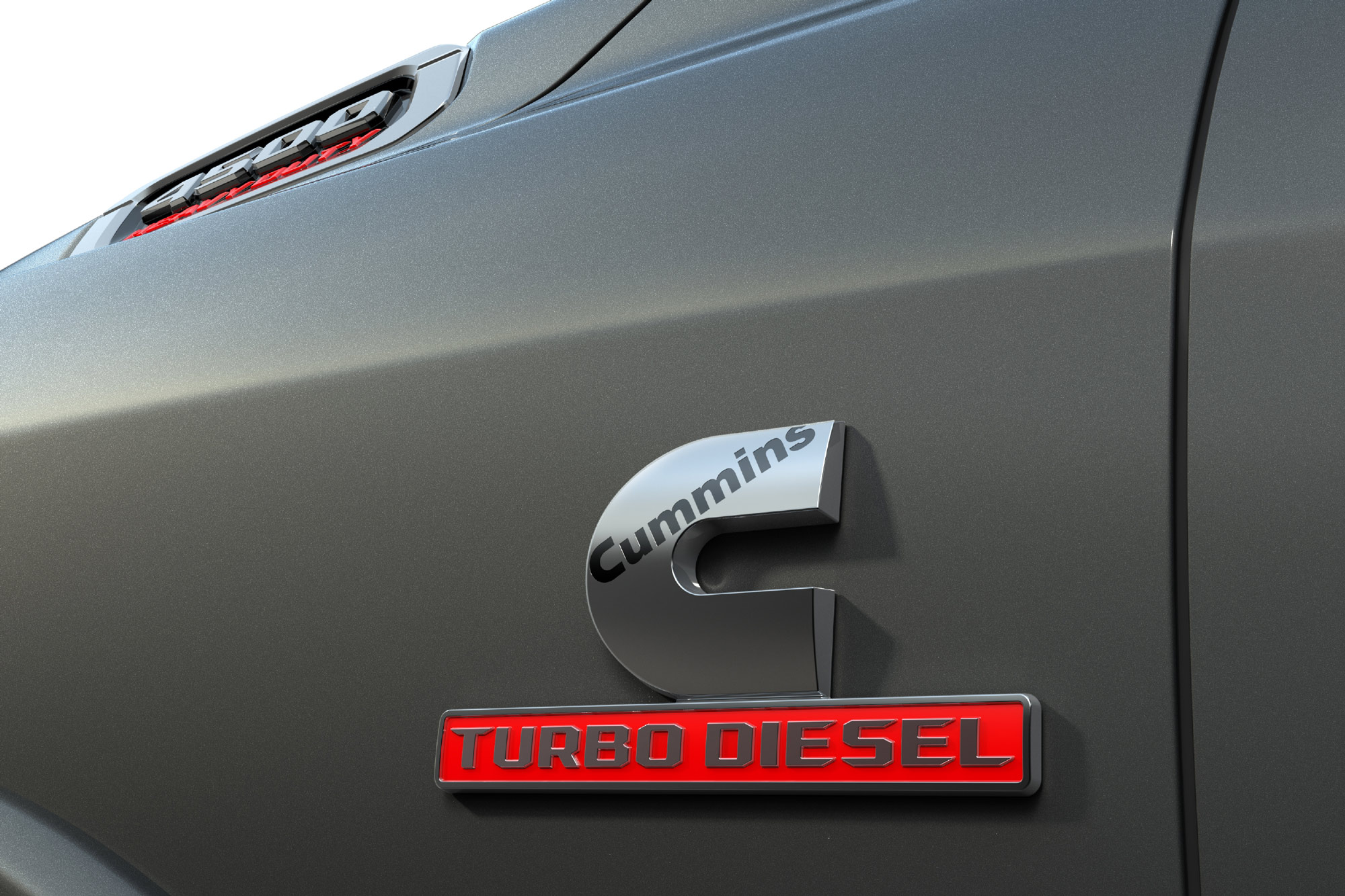How Diesel Exhaust Fluid Reduces Emissions
The unique but simple additive is used on crops and in modern vehicles.
 Ram
Ram
Diesel engines are typically more fuel efficient than gasoline engines, but due to their design, they also produce more harmful emissions while burning fuel. Over the past two decades, substantial effort has been put into cleaning up diesel tailpipes, and diesel exhaust fluid has played a key role.
The Purpose of Diesel Exhaust Fluid
Diesel exhaust fluid (DEF) is injected into a vehicle's exhaust system, where it works with the catalytic converter in a setup known as a selective catalytic reduction system. This system helps to "clean" vehicle emissions before they are released.
Although not all diesel engines make use of this technology, the vast majority of those sold in the United States are equipped with a selective catalytic reduction system.
The Science Behind DEF
Diesel exhaust fluid is actually a mix of urea and deionized water. Urea is a natural waste product produced by mammals, including humans, after they break down protein. DEF is made from a synthetic version of urea, and it's exceptionally good at breaking down one of the most troublesome components of diesel exhaust: nitrous oxide.
DEF vaporizes inside the exhaust stream and immediately transforms into ammonia and carbon dioxide. The ammonia combines with the nitrous oxide inside the vehicle's catalytic converter in order to crack its chemical bonds and turn it into nitrogen and water, significantly reducing the level of harmful emissions that find their way out of the tailpipe.
How to Use Diesel Exhaust Fluid
DEF is simple to use. Diesel vehicles that use this fluid have a fill port that's easily accessible — such as behind the fuel filler door, under the hood of the vehicle, or even in the trunk — where you can pour diesel exhaust fluid into a tank. You may need to use a funnel to do this.
DEF is sold under many trade names and is easy to find at auto parts stores as well as at gas stations, particularly those that have diesel pumps. Stations that see a high level of heavy-duty truck traffic, such as truck stops, also carry it. Fuel pumps at some stations designed for heavy-duty trucks — or large recreational vehicles — sell DEF through a dispenser such as those for gasoline or diesel fuel.
What Happens When You Run Out of DEF?
Most modern vehicles will warn you when the diesel exhaust fluid level is starting to get low, and it's important to pay attention to these messages. Running an engine without DEF will not cause any damage, but if DEF fluid runs out you could find yourself stranded or dealing with a vehicle that does not perform as expected.
This is because most manufacturers install systems that limit a diesel engine's use in the absence of DEF. Some vehicles will not start at all if the exhaust fluid tank is empty, while others impose a speed limiter or force the vehicle into a "limp mode" until levels have been replenished.
Written by humans.
Edited by humans.
 Benjamin Hunting
Benjamin HuntingBenjamin Hunting is a writer and podcast host who contributes to a number of newspapers, automotive magazines, and online publications. More than a decade into his career, he enjoys keeping the shiny side up during track days and always has one too many classic vehicle projects partially disassembled in his garage at any given time. Remember, if it's not leaking, it's probably empty.
Related articles
View more related articles